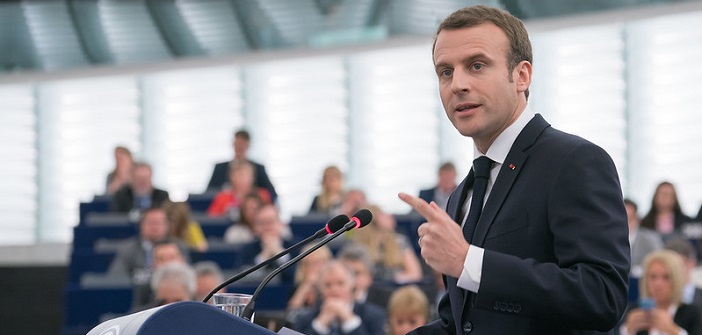The movement of Emmanuel Macron was relegated to the background for the second round of the regional and departmental elections, failing to play the role of referee.
The Macronist candidates finished third, fourth, or even fifth in the first round. It feels like a poor rerun of the 2020 municipal elections, where Emmanuel Macron’s movement faded behind traditional parties and the Greens.
How can this poor result be explained and its corollary, the lack of local establishment for LREM? Indeed, the movement of Emmanuel Macron, which has only existed since 2016, attracted many unknown individuals poorly recognized by voters.
Officially, the movement claims 400,000 members, but one only needs to register online to be counted as a member. It’s impossible to know how many of them are truly active on the ground.
The organization of LREM and its functioning also explain these poor results. The idea was not to structurally organize the movement territorially. There are departmental referents appointed at the national level, so the movement is centralized and personalized.
But are the poor scores of the presidential party in local elections solely due to the recent creation of Emmanuel Macron’s movement?
If the President of the Republic’s project was to redefine the democratic debate, to move beyond the old left-right divide, the successive failures in territorial elections have rather strengthened the presence of traditional parties.
What consequences for 2022? While the two elections are unrelated, will the failures of the presidential party affect the re-election of Emmanuel Macron?
Emmanuel Macron probably thinks he will win the presidential election from the top without building a local establishment, something that traditional parties do.
Is he wrong to think so?


